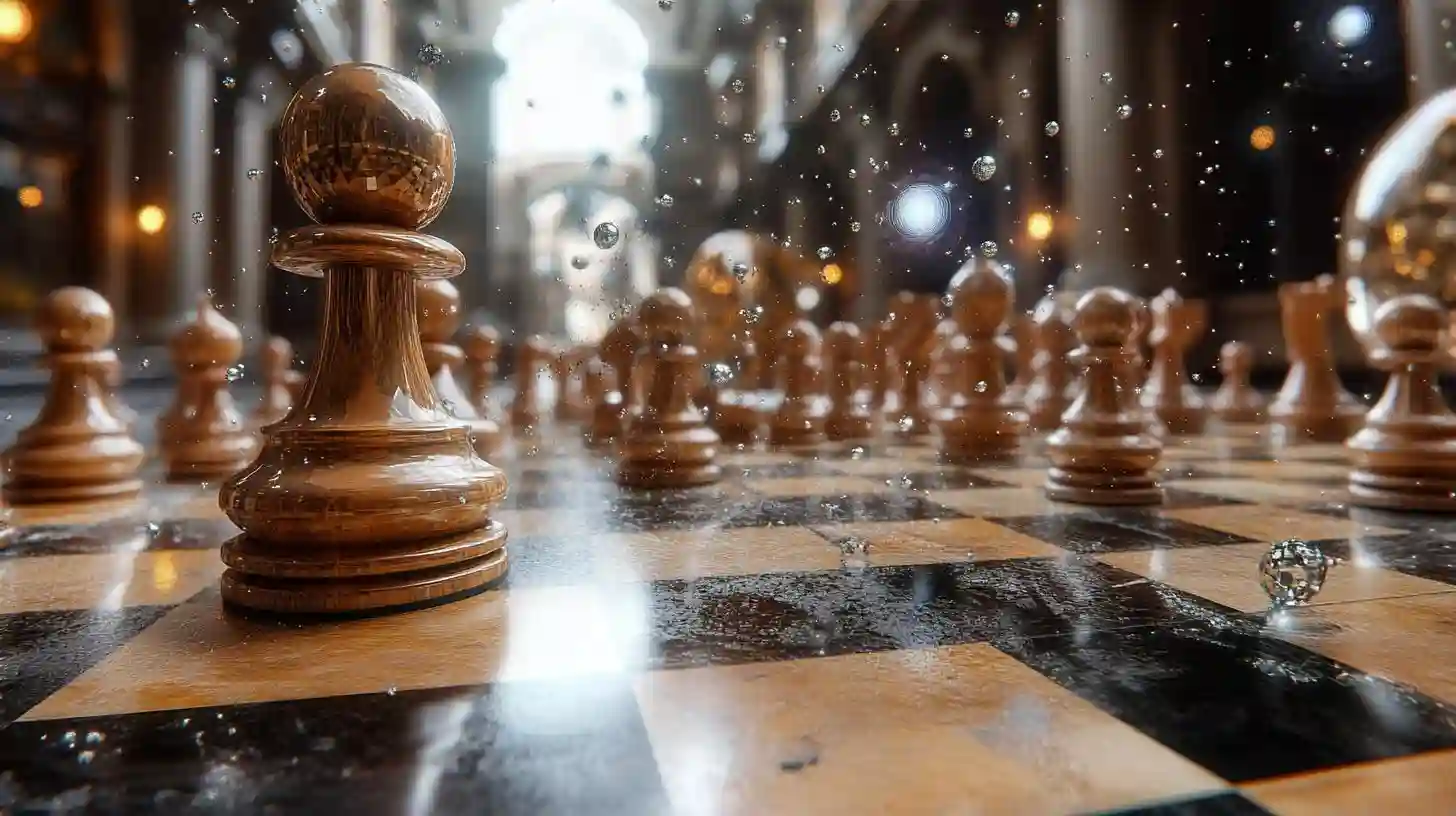
Chess, a game celebrated for its depth and strategic complexity, unfolds on a checkered board composed of sixty-four squares. Each player commands an army of sixteen pieces, each with unique movements and capabilities. The true beauty of chess lies not just in the configuration of pieces at the onset but in the nearly infinite possibilities that arise from each move. As the game progresses, the choices expand exponentially, creating a vast universe of potential outcomes. To understand the magnitude of this complexity, it is essential to grasp a few foundational concepts.
At the outset of the game, just one move by a player opens up multiple avenues for response. Consider a single move by white. The response from black can significantly alter the trajectory of the game. Each subsequent turn adds layers of depth, producing branches in a decision tree that expands rapidly. As players maneuver through this intricate labyrinth, they build upon prior knowledge, experience, and strategies, all while countering their opponent’s intentions. The dual nature of chess—offense and defense—adds yet another layer of complexity, as each participant must remain vigilant against threats while simultaneously pursuing their own strategy.
The asymptotic nature of chess draws comparisons to other complex systems, prompting reflection on concepts such as the total number of potential legal positions. This number is staggering, reflecting an astronomical framework of possible arrangements. Each piece can occupy various squares and interact in multifaceted ways, presenting a rich tapestry for analysis and exploration. Prominent chess theorists have sought to estimate these possibilities, and it becomes evident that the game surpasses the computational reach of even the most advanced supercomputers when accounting for all variations in play.
Moreover, the time element of each chess match underlines the operational intricacies involved. Consider the pacing of decisions, as both players must evaluate defensive tactics, offensive maneuvers, and positional advantages, often within a stringent time framework. In classical chess tournaments, some matches can extend to hours, requiring players to maintain acute focus while processing a near-infinite number of scenarios. As fatigue sets in, errors may emerge, leading to unexpected shifts in the game's outcome. This exploration of time intertwines with the inherent complexity of the pieces' interactions, culminating in an art form that transcends mere calculations.
When juxtaposed with the physical universe, chess takes on an intriguing perspective. Estimates of the atoms that comprise the entire cosmos span trillions upon trillions, a figure so vast it becomes difficult for the human mind to encapsulate. Yet, even this astronomical number pales in comparison to the total possibilities within the chess universe. The expansive combination of all legal moves across numerous games illuminates the chasm between the tangible and the abstract.
Chess champions have paved the way for deeper understanding, utilizing both traditional strategy and modern technology to delve into this complex realm. The advent of artificial intelligence and powerful chess engines has revolutionized how players approach the game. Engines capable of evaluating countless positions per second serve not just as opponents but also as training tools. These programs analyze games, revealing tactical patterns and strategic nuances that often elude human players. This collaborative dynamic between human intuition and machine computation expands the understanding of chess complexity.
Even as technology evolves, the fundamental essence of chess remains unchanged, echoing the intricate interplay of calculation, foresight, and creativity. The depth of chess continues to captivate players, scholars, and enthusiasts alike, fostering a culture of exploration and discovery. The passion for problem-solving, combined with a community rich in storytelling and competition, creates a vibrant ecosystem that celebrates the intellectual rigor of the game.
As players engage in matches over the board or through digital platforms, they unknowingly participate in an exploration of infinity. The decision to move a pawn or to sacrifice a bishop can lead to unexpected consequences, shaping their experiences and knowledge. Each game is not merely an exercise in victory but a representation of the vast universe of strategy that chess embodies.
The allure of chess encapsulates the complexity of human thought, reflecting not only the myriad strategies but also the philosophical implications of decision-making. Through the lens of chess, one can peer into the depths of complexity and uncertainty, revealing a universe that resonates with the principles of creativity and intellect. Each match serves as a reminder of the beauty inherent in navigating an infinitely intricate landscape, illustrating the compelling relationship between symbol systems and the expansive realities they represent.